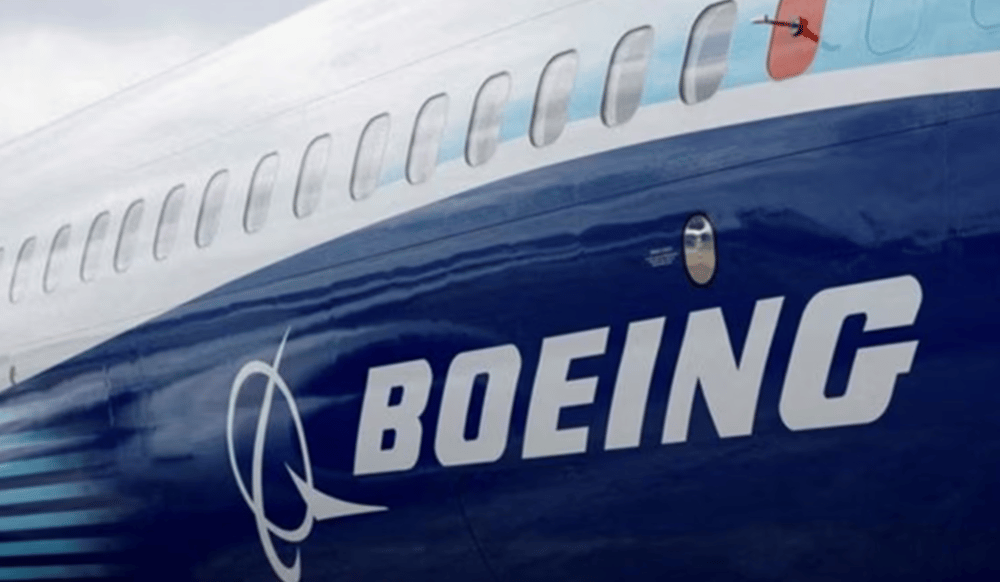Chinese Market Moves in Response to US Tariffs on Boeing and Airbus
Amid escalating trade tensions between the US and China, recent developments have underscored a significant shift affecting major players in the aviation industry. According to Bloomberg, Beijing’s $BEIJF decision marks a pivotal response to the steep tariffs of up to 145% imposed by the US on Chinese goods. This move not only reshapes market dynamics but also has far-reaching implications for global supply chains.
Shifting Dynamics in Sino-US Relations
Beijing’s latest directive requires state-owned airlines to halt further acquisitions of Boeing aircraft—a setback for a company that had long viewed China as a primary growth market. Traditionally relying on the Chinese market for expansion, Boeing experienced an immediate impact when its stock price dropped by 3% in pre-market trading.
In parallel, Chinese authorities have urged local carriers to discontinue purchasing equipment and spare parts from American suppliers. This decision poses additional challenges for US-based firms operating in the aviation sector and is expected to increase maintenance expenses for aircraft currently in service across the country.
Key Milestones and Future Implications
1. Reduction in Boeing aircraft orders from Chinese carriers.
2. Suspension of equipment and parts purchases from American aviation suppliers.
3. Rising maintenance costs for the Chinese airline fleet.
4. Enhanced competitive positioning for Airbus, poised to capture increased market share.
5. Potential disruptions in global aviation supply chains.

Ripple Effects Across the Industry
- Restructuring of logistics and service frameworks for Chinese carriers.
- A reshuffled competitive landscape between American and European aircraft manufacturers.
- Increased operational costs for companies reliant on US-made components.
- A drive to establish alternative supply agreements and diversify sourcing channels.
A Closer Look at Strategic Shifts
Industry experts note that Beijing’s measures not only serve as a counteraction to US tariffs but also pave the way for a broader realignment in supply chain strategies. These decisions could spur structural transformations within the aviation sector, positioning other global brands, such as Airbus, to benefit significantly from the emerging market conditions.
Moreover, the anticipated rise in maintenance costs for China's aircraft fleet is likely to affect overall cost efficiency while prompting greater focus on optimizing internal service processes. In this light, the implications of China’s decisions on financial markets are seen as strategically significant, potentially ushering in new avenues for restructuring global aviation supply chains.















Comments